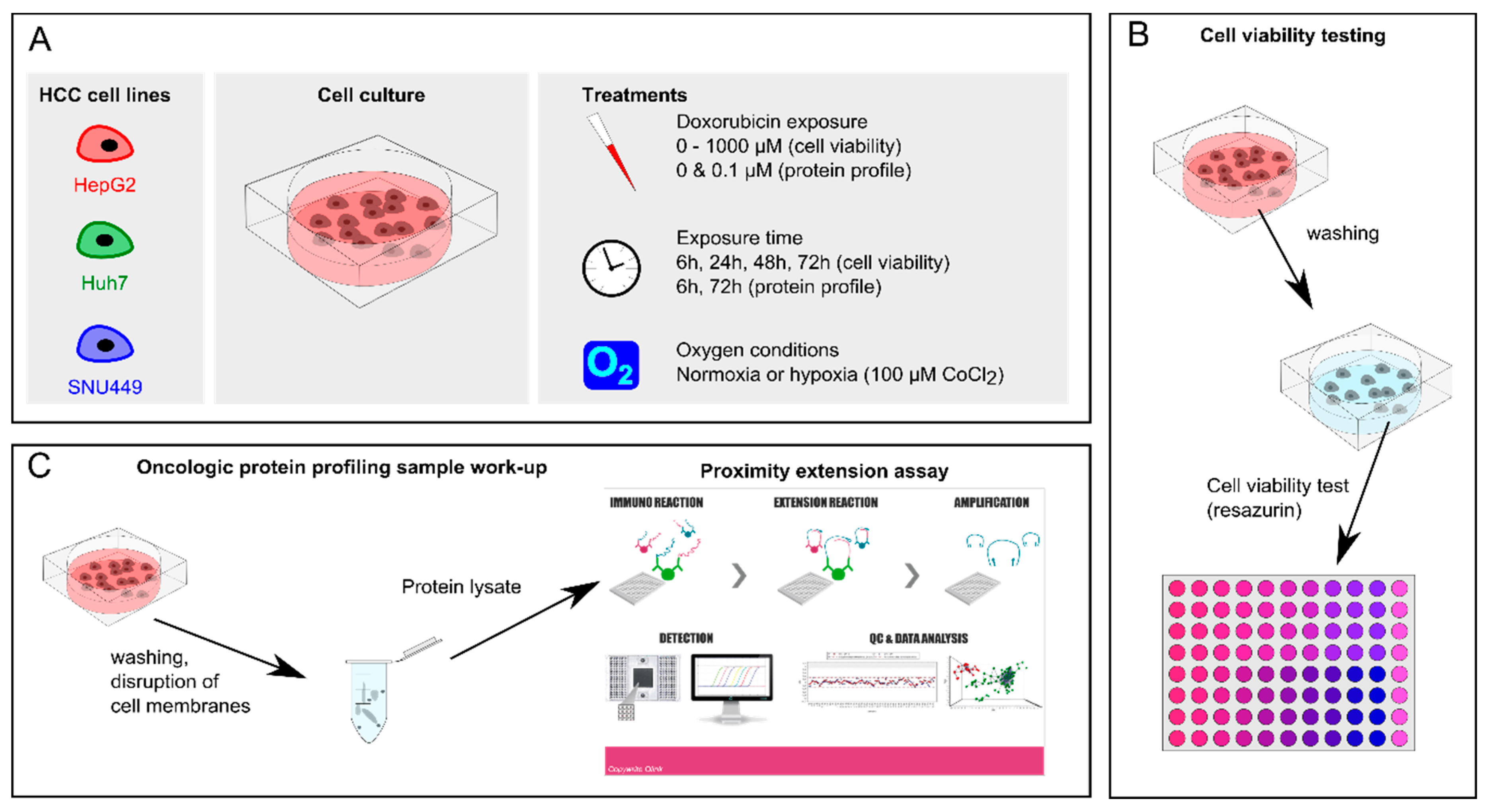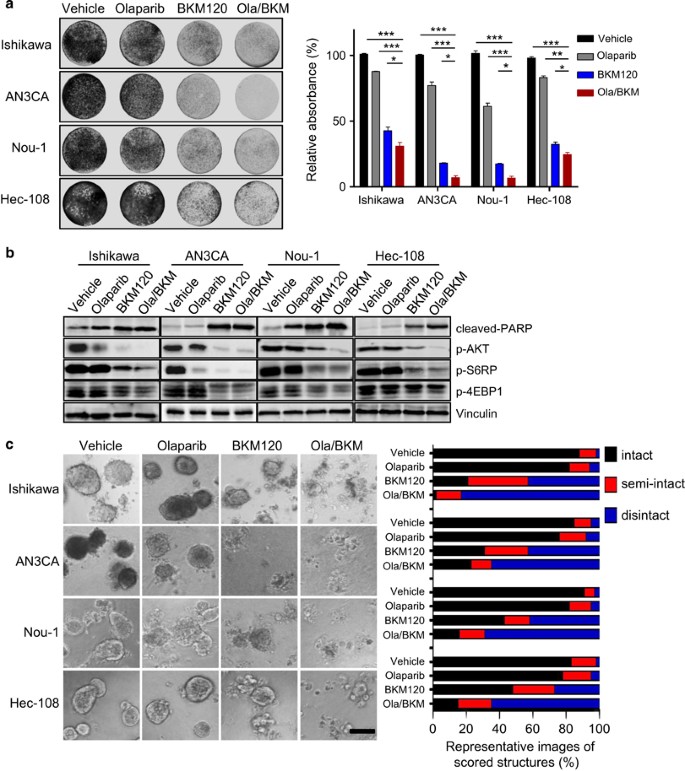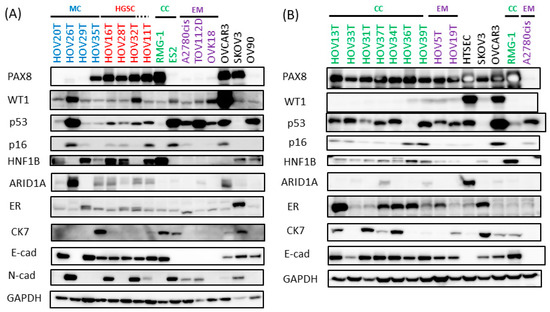One variable that may affect the radiosensitivity of prostate tumor cells is their p53 status because this gene controls radiation induced cell cycle arrest apoptosis and the repair of dna damage.
P53 status prostate cancer cell lines.
Cell lines with a wt p53 gene.
This leads to a de facto p53 loss enabling cancer cells to escape p53 dependent apoptosis in favor of mitotic cell division.
Peitc inhibits cell proliferation induces apoptosis and reactivates p53 mutants in prostate cancer cell lines.
Berglind h pawitan y kato s ishioka c and soussi t.
Increased murine double minute 2 mdm2 expression independent of p53 status is associated with increased cancer specific mortality for men with prostate cancer treated with radiotherapy.
Using a system in which p53 function was conditionally restored to p53.
There is growing evidence that these mutant p53s have both lost wild type p53 tumor suppressor activity and gained functions that help to contribute to malignant progression.
Our laboratory has two separate culture lines of the lncap human prostate cancer cells.
One strain lncap gw had a mutation in one of two alleles at position 273 arg.
P53 gene structure and chromosome 17p alleles were studied in the three human prostate cancer cell lines lncap du 145 and pc 3.
Lapc 4 p53 r175h and vcap p53 r248w cells were treated with dmso or peitc for 24 h.
Four tables are presented for each type of cancer.
Understanding the functions of mutant p53 will help in the development of new therapeutic.
P53 gene structure and chromosome 17p alleles were studied in the three human prostate cancer cell lines lncap du 145 and pc 3.
Although no genetic alteration is found in the p53 gene of these cell lines it is possible that.
Upon g2 m checkpoint activation caspase 8 cleaves the de ubiquitinase usp28 inhibiting its ability to stabilize p53.
Cell line p53 handbook v 1 0 this version of the p53 handbook includes the p53 status of 1 300 cell lines.
Our laboratory has two separate culture lines of the lncap human.
We report an unexpected non canonical role of caspase 8 in the nucleus of cancer cells.
We were highly concerned by the finding that many cell lines had controversial tp53 status including popular cell lines such as those from the nci 60 panels.
Our laboratory has two separate culture lines of the lncap human prostate cancer cells.
Many different types of cancer show a high incidence of tp53 mutations leading to the expression of mutant p53 proteins.
Analysis of p53 mutation status in human cancer cell lines.
A paradigm for cell line cross contamination.
External beam radiation therapy is an effective therapy for localized prostate cancer although failures occur at high rates.
A percent cell proliferation was determined by the wst 1 assay and b apoptosis was measured by annexin v staining by flow cytometry using a bd lsrfortessa instrument.
















